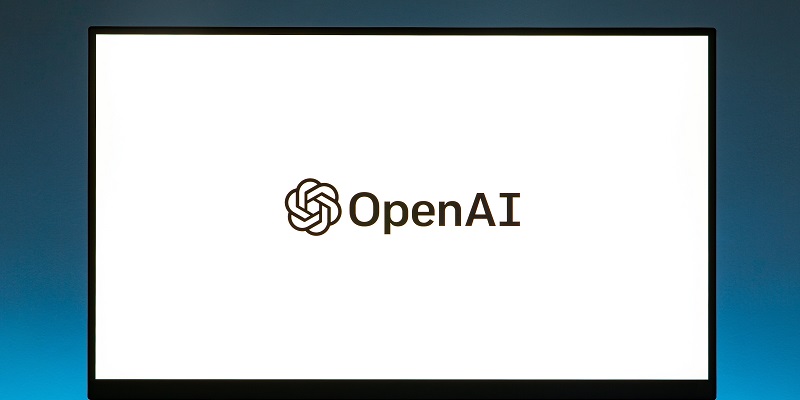OpenAI’s GPT-J has emerged as a groundbreaking language model, pushing the boundaries of AI-powered text generation. With its advanced capabilities and accessibility through the OpenAI API, GPT-J is set to revolutionize how we interact with language models. In this article, we will explore the significant advancements and ethical considerations surrounding GPT-J, while also delving into the potential it holds for the future of AI.
Training on a Massive Dataset
At the heart of GPT-J lies its unprecedented training on an enormous dataset comprising billions of sentences from the internet. This massive corpus has allowed GPT-J to develop a nuanced understanding of language and context, enabling it to generate text that is remarkably sophisticated.
The Versatility of GPT-J
GPT-J’s versatility sets it apart from its predecessors. Its ability to answer questions, write essays, summarize articles, and even create code snippets showcases the immense potential of this language model. It excels in a wide range of tasks, making it a valuable tool across various disciplines.
Surpassing Previous Models
GPT-J surpasses its predecessors by a significant margin. With its superior training data and advanced architecture, it can generate text that is almost indistinguishable from human writing. The level of coherence, fluency, and contextual understanding exhibited by GPT-J is truly remarkable, making it a powerful language model.
Democratizing Access through the OpenAI API
OpenAI’s decision to make GPT-J accessible through their API has democratized access to this advanced language model. Developers can now integrate GPT-J into their applications, unlocking new possibilities for innovative AI-powered solutions across industries. This move has paved the way for increased experimentation and adoption of GPT-J’s capabilities.
Navigating the Risks
With such powerful technology at our disposal, ethical considerations become paramount. GPT-J has the potential to be misused for generating fake news, spreading disinformation, or impersonating individuals. These concerns highlight the importance of responsible development and usage of AI language models.
Implementing Safety Measures
To address these ethical concerns, OpenAI has implemented relevant safety measures. Fine-tuning allows GPT-J to be tailored to specific requirements, while refusing certain types of requests curtails potential misuse. OpenAI’s commitment to safety is evident in its proactive approach toward addressing the risks associated with GPT-J.
Ensuring Responsible Use
To further enhance responsible usage, OpenAI has introduced a moderation API. This tool enables users to filter and control the output of GPT-J, ensuring that it adheres to content guidelines and mitigating the risk of generating harmful or objectionable content. The moderation API promotes responsible AI use and fosters trust in the technology.
Revolutionizing AI-Powered Text Generation
GPT-J marks a significant milestone in the evolution of language models. Its advancements showcase the tremendous progress made in the field of AI and natural language processing. GPT-J exemplifies the capabilities of AI technologies and sets a new benchmark for future developments in the language model landscape.
The Potential of GPT-J
With the right precautions in place, GPT-J has the potential to revolutionize how we interact with AI. Its versatile nature and human-like text generation capabilities can transform industries such as content creation, customer service, and even education. GPT-J’s rapid progress paves the way for exciting future prospects in the realm of language models.
OpenAI’s GPT-J is an extraordinary breakthrough in language models, raising the bar for AI-powered text generation. From its sophisticated training on vast datasets to its versatile applications in various domains, GPT-J has proven to be a game-changer. While ethical considerations must be diligently addressed, OpenAI’s commitment to safety measures and the introduction of the moderation API demonstrate the responsible development and usage of GPT-J. As we usher in a new era of AI models, GPT-J acts as a concrete testament to the immense potential of language models in shaping our future interactions with AI technologies.

